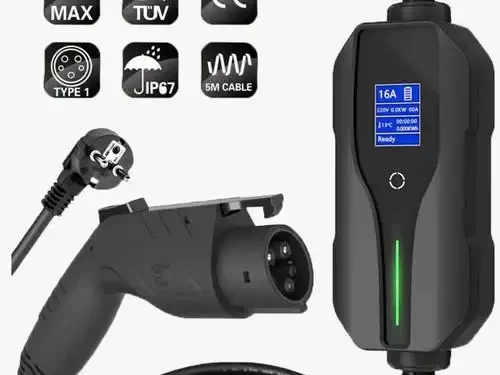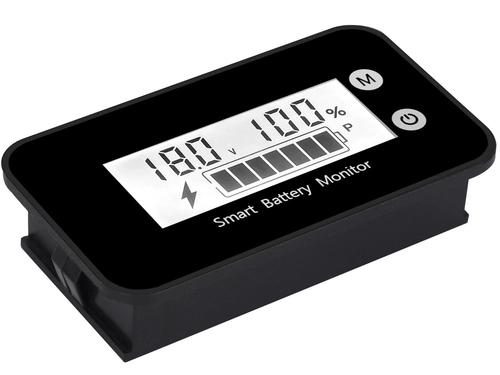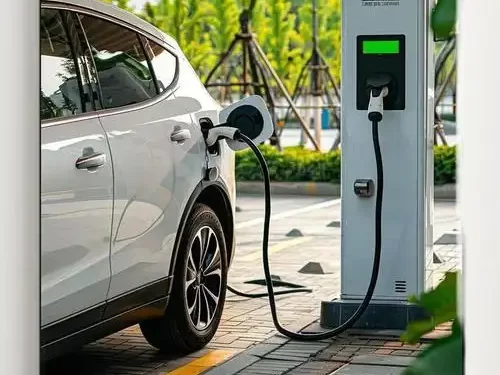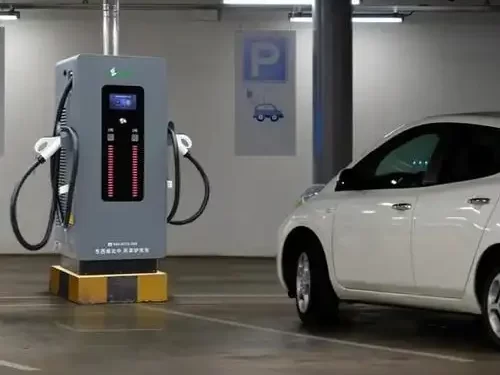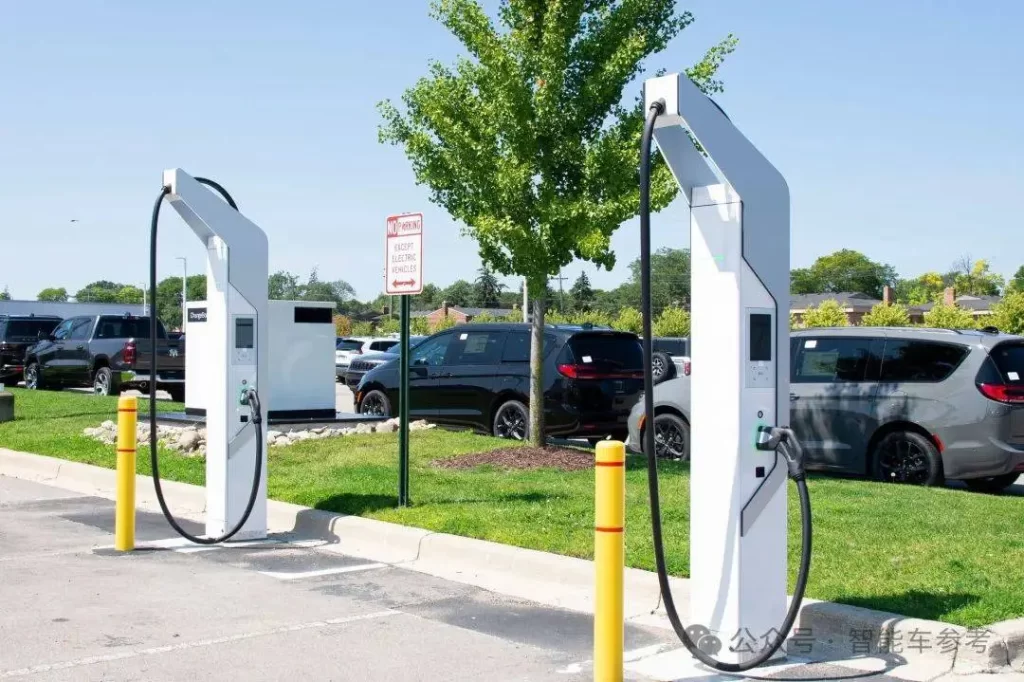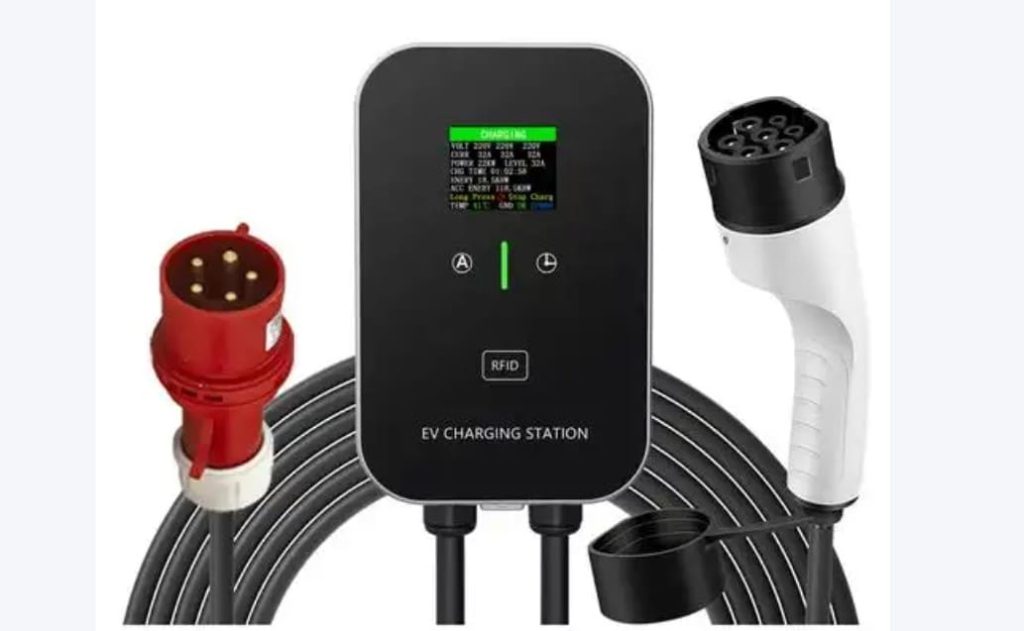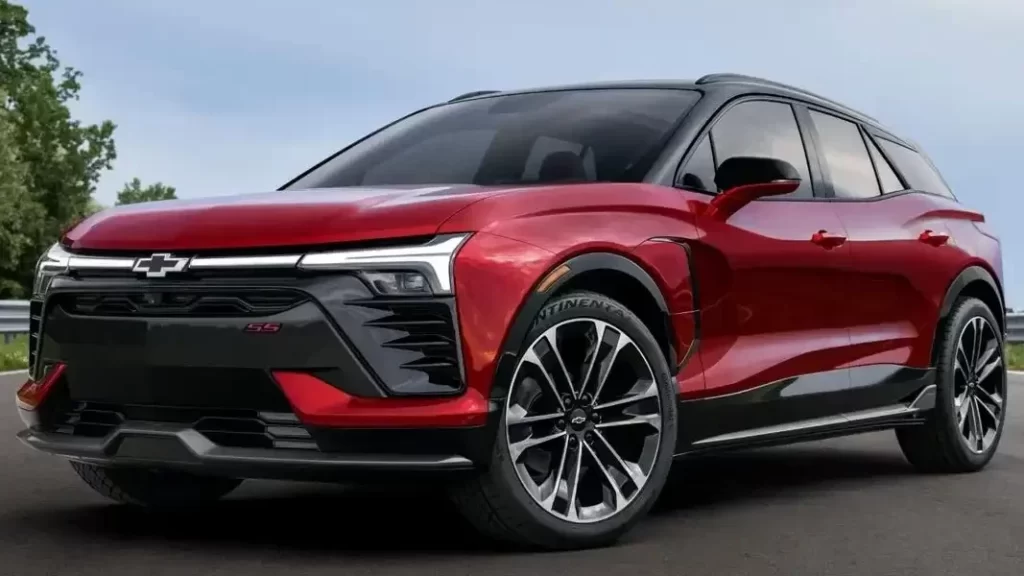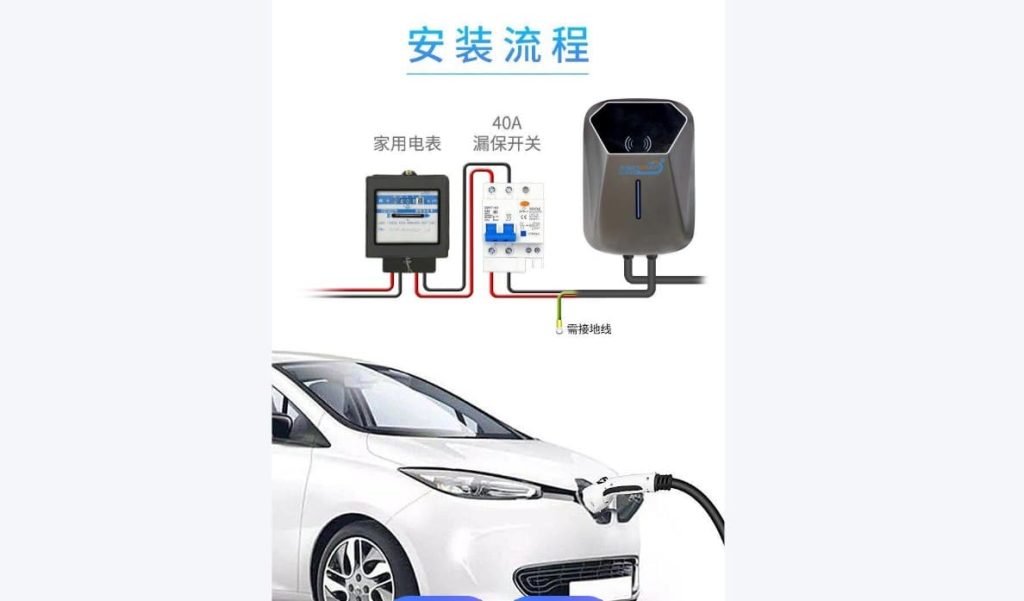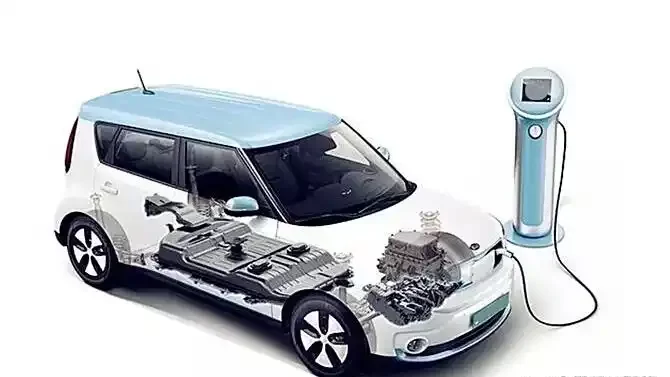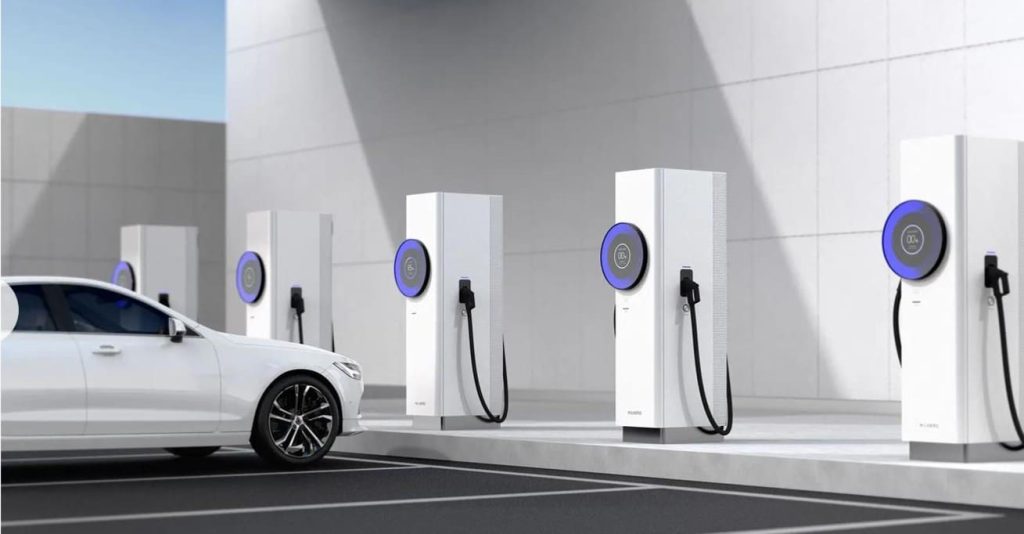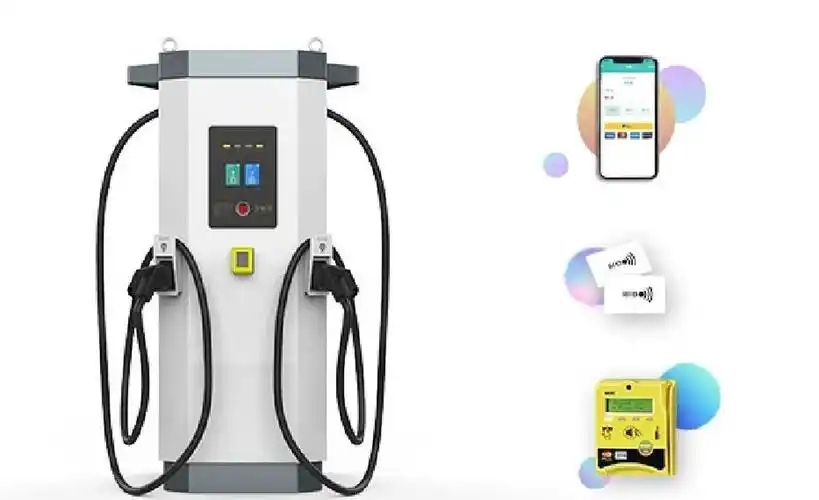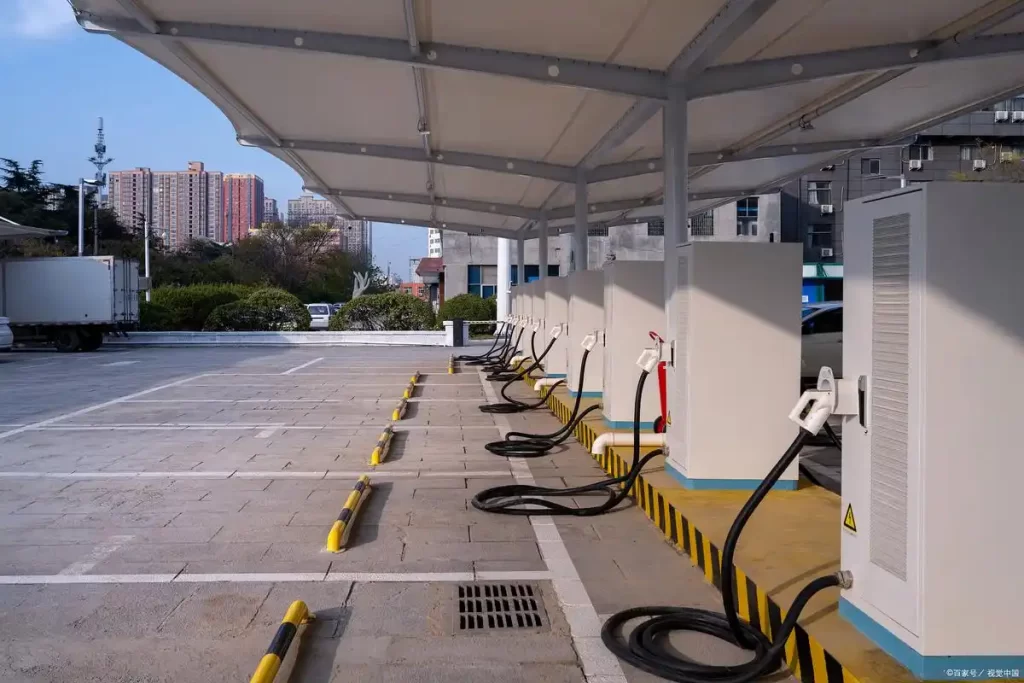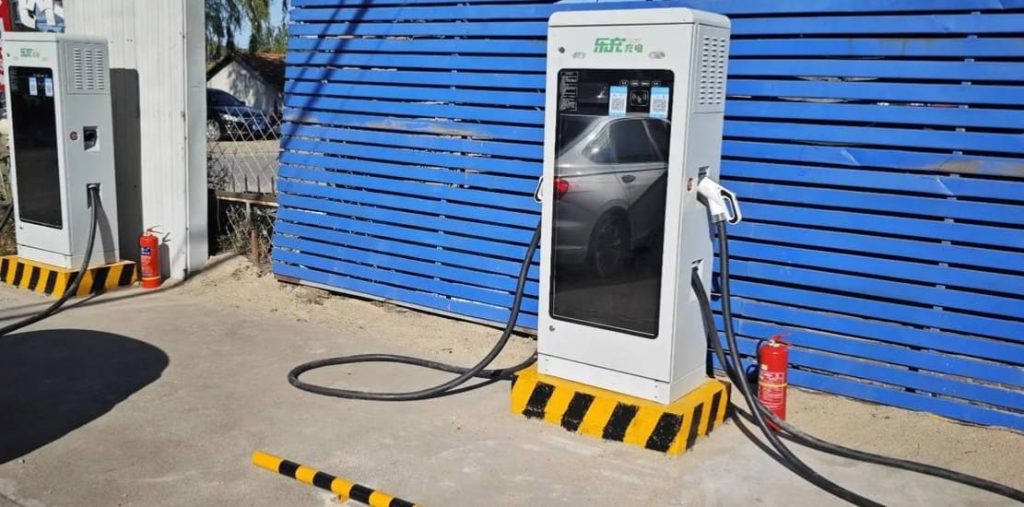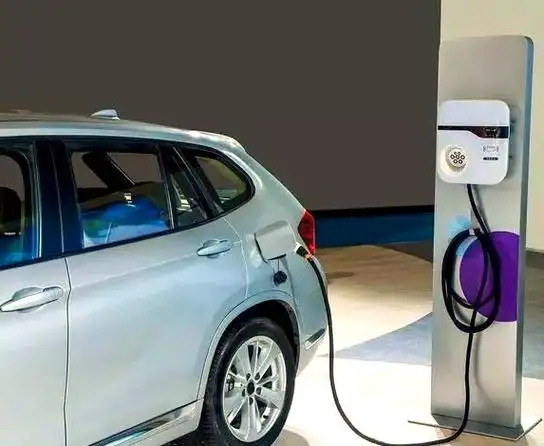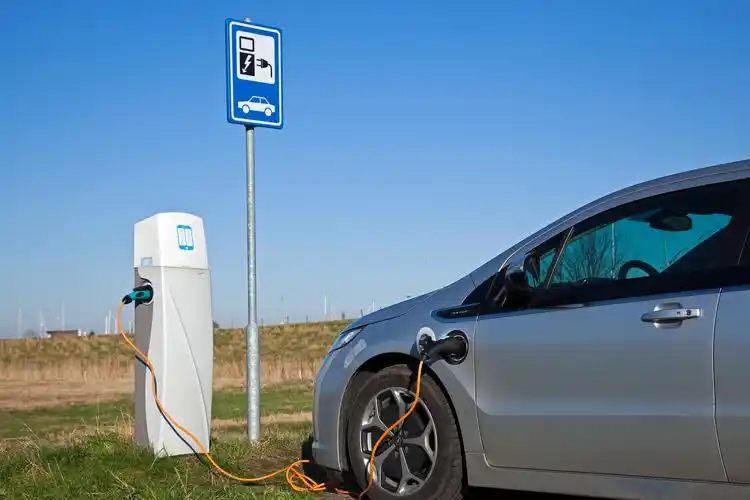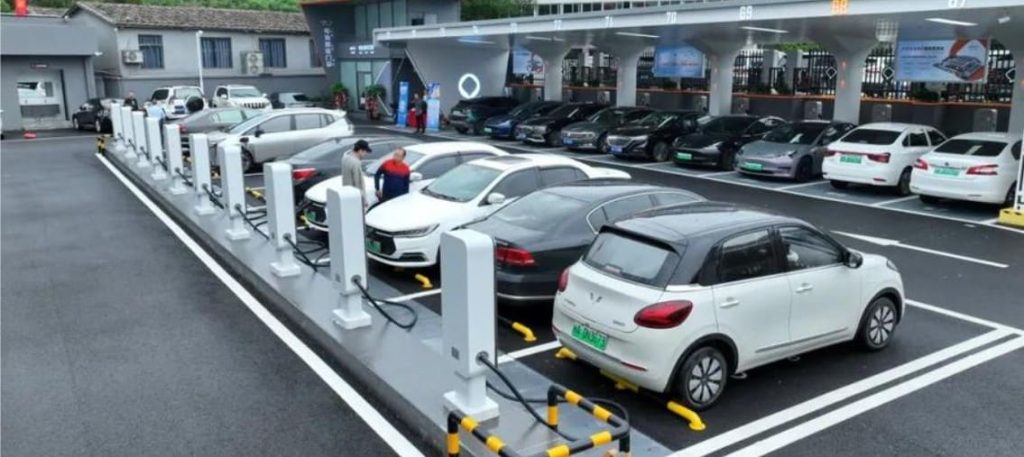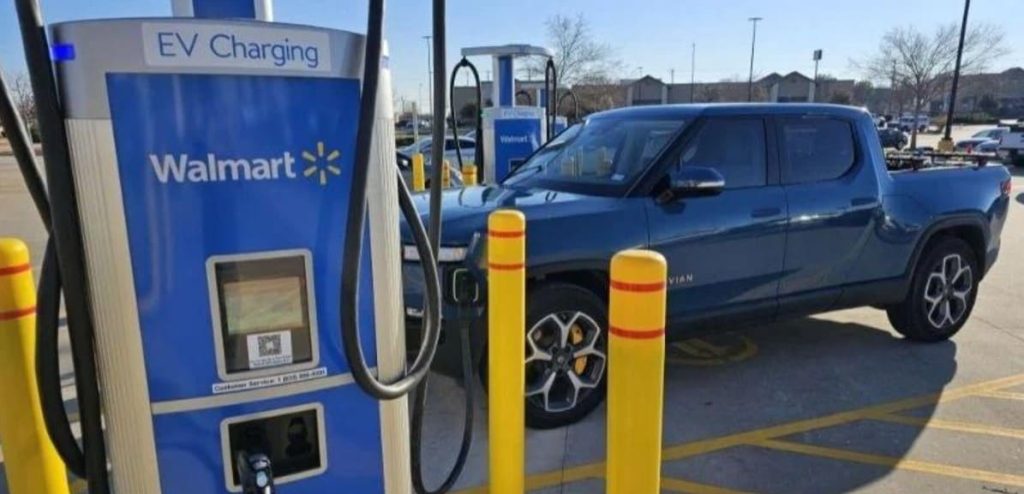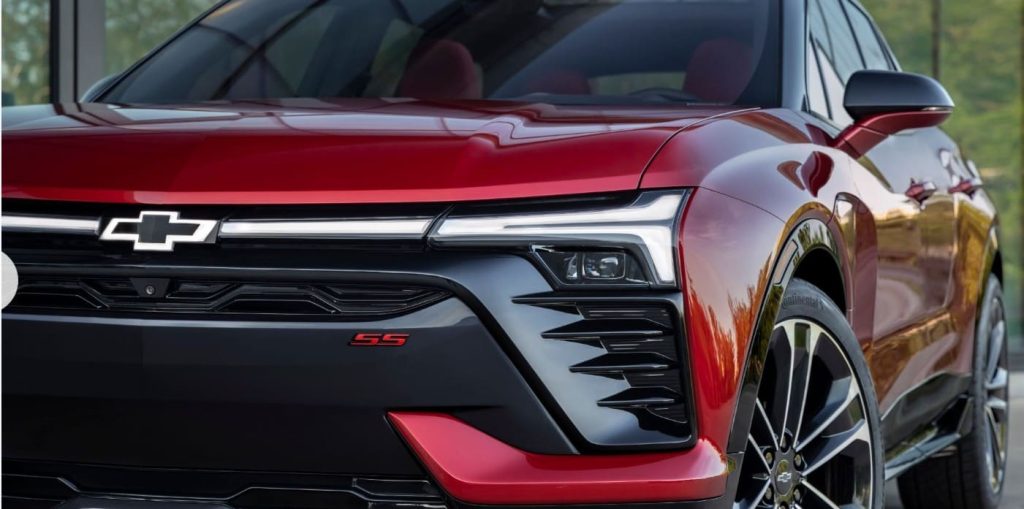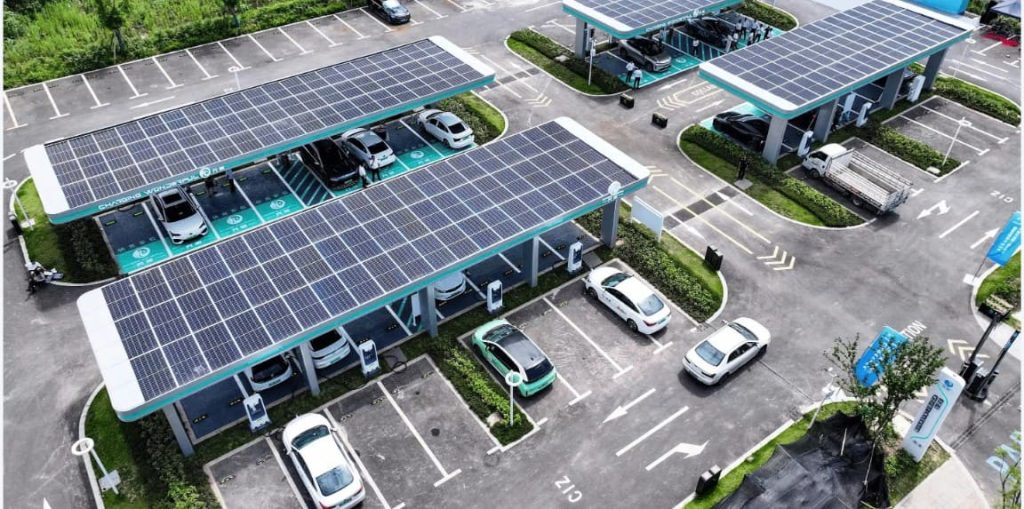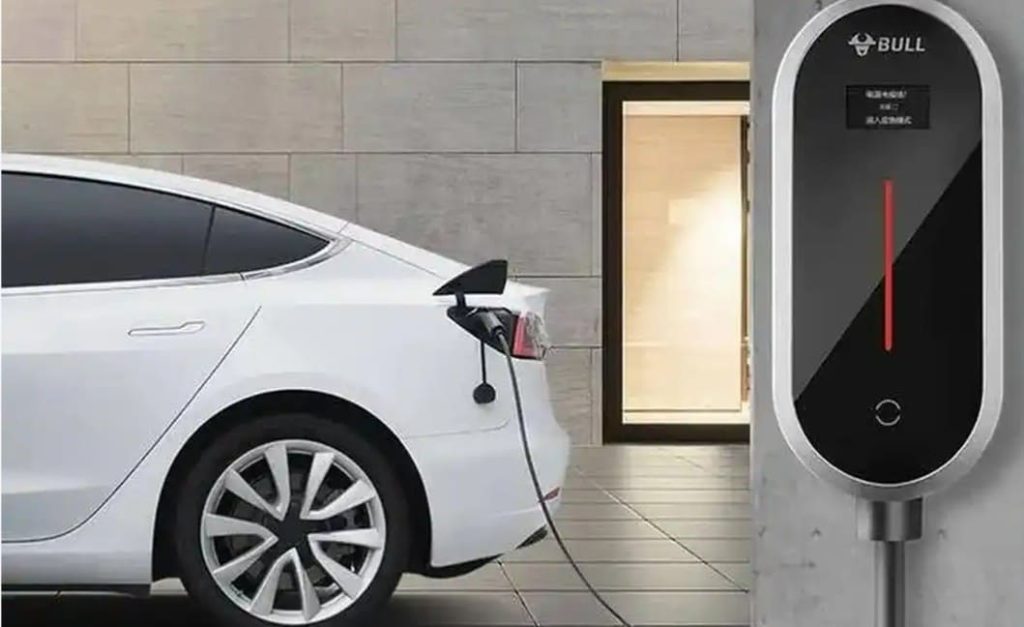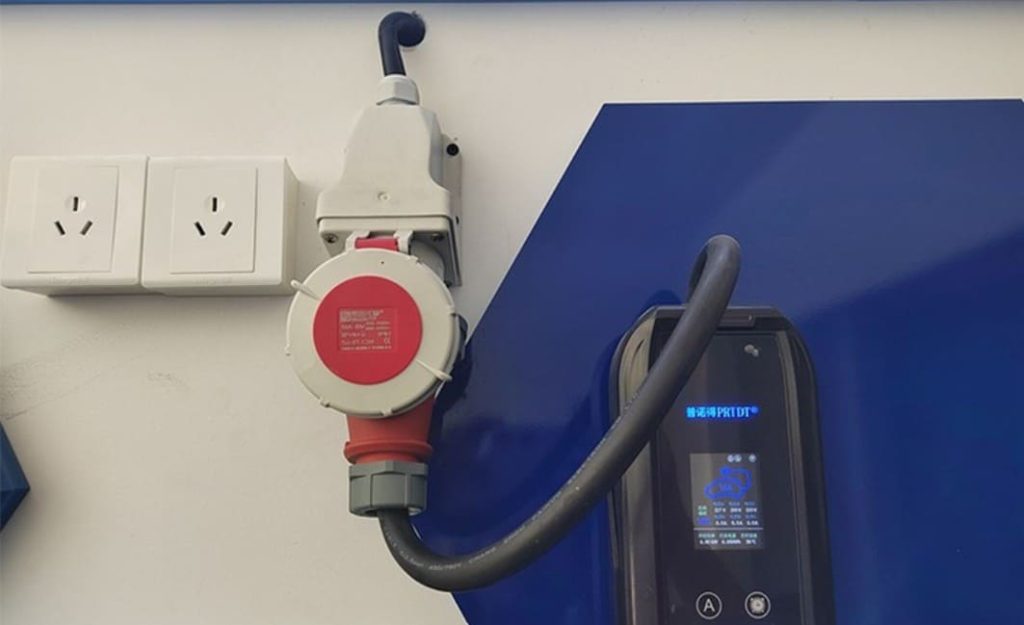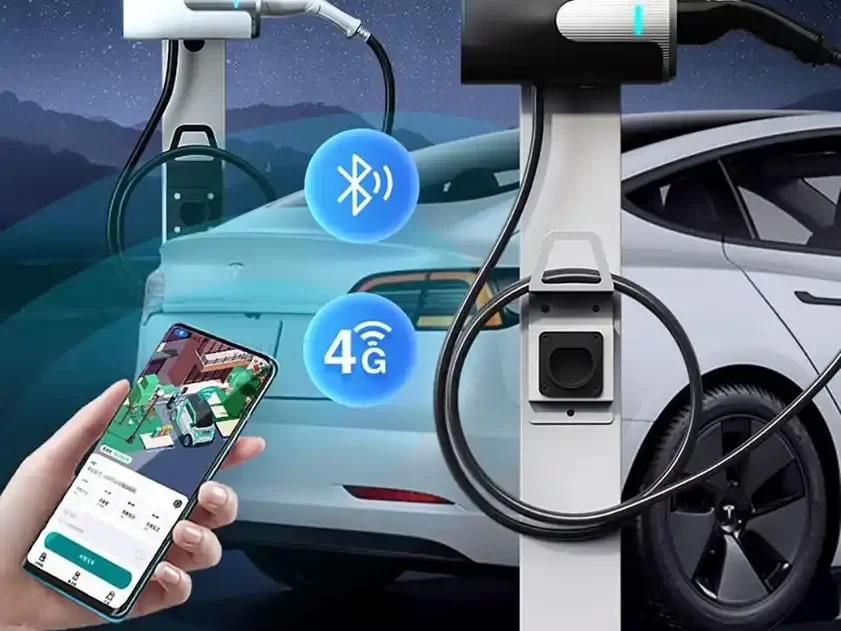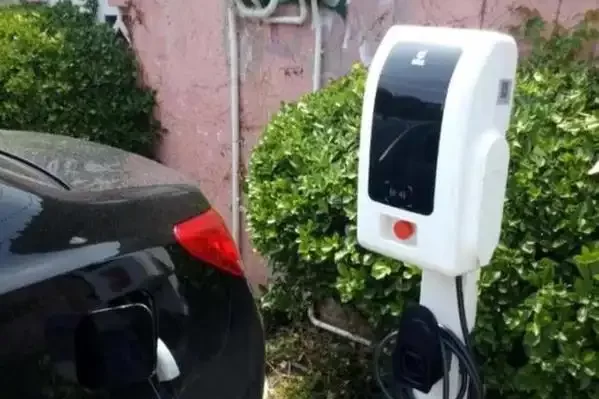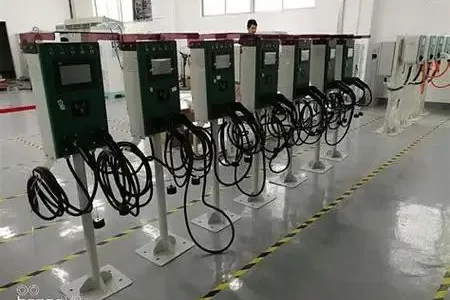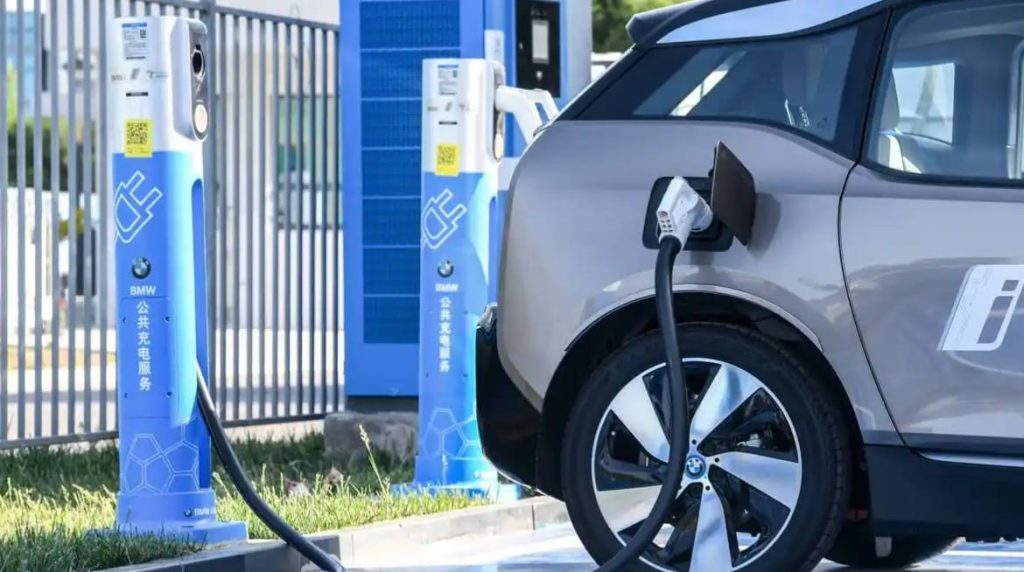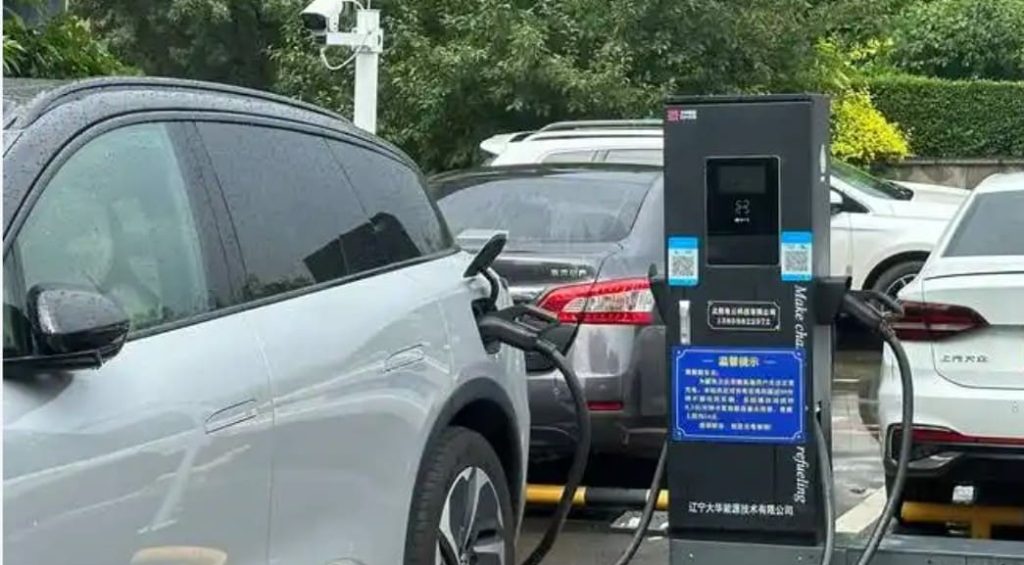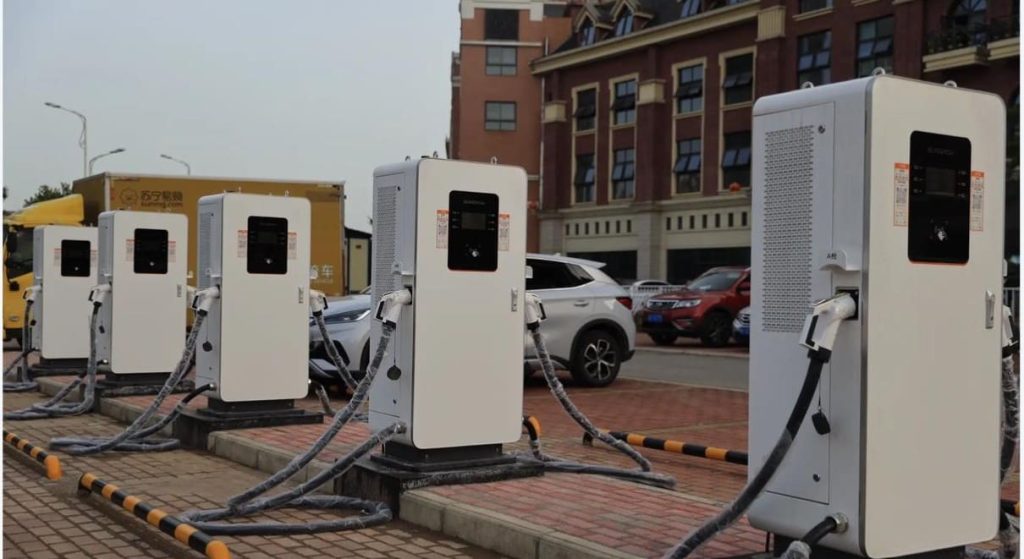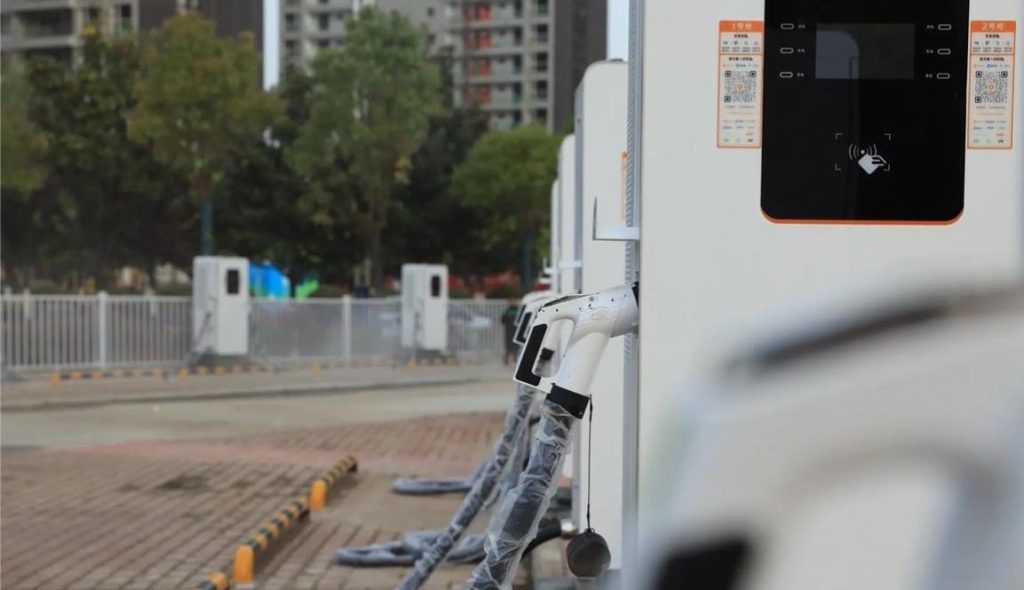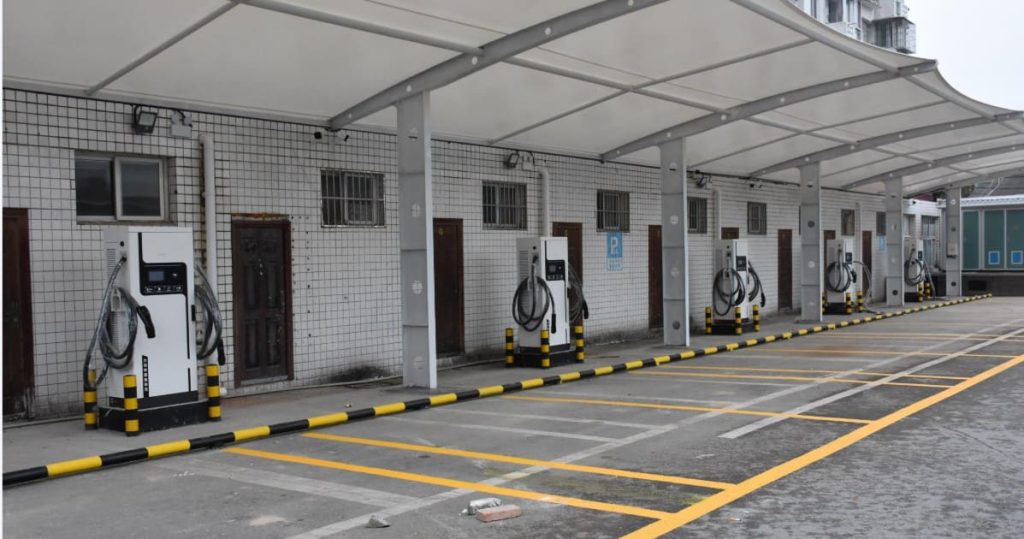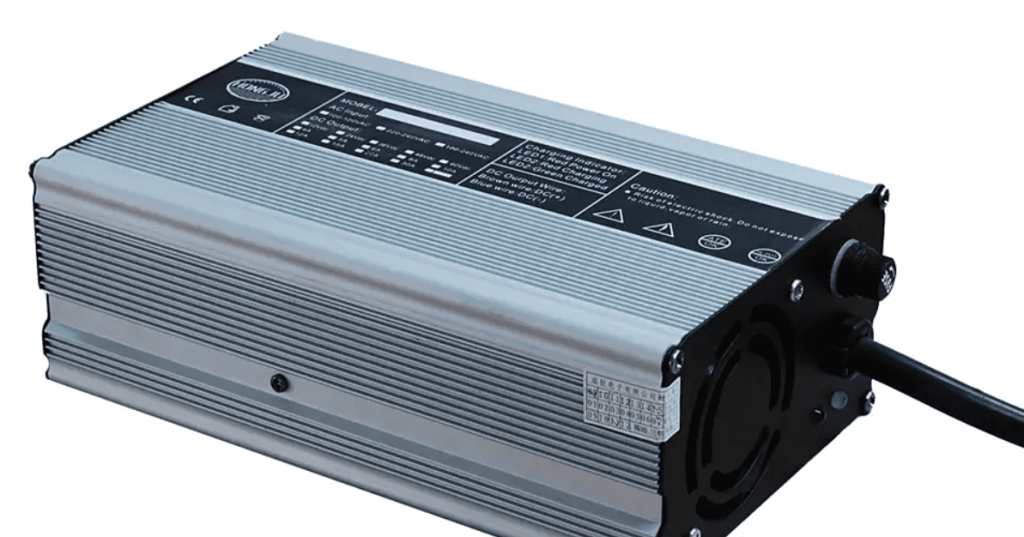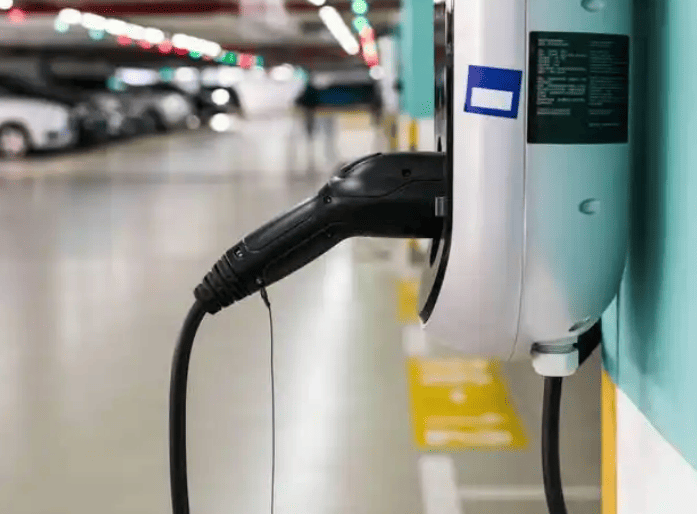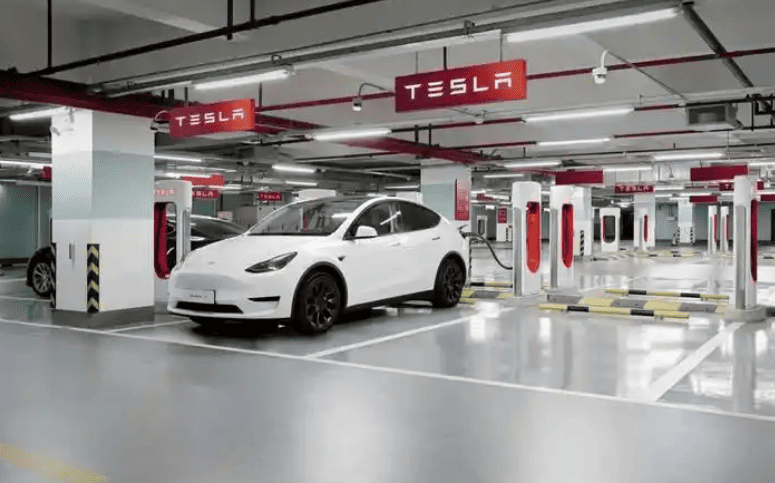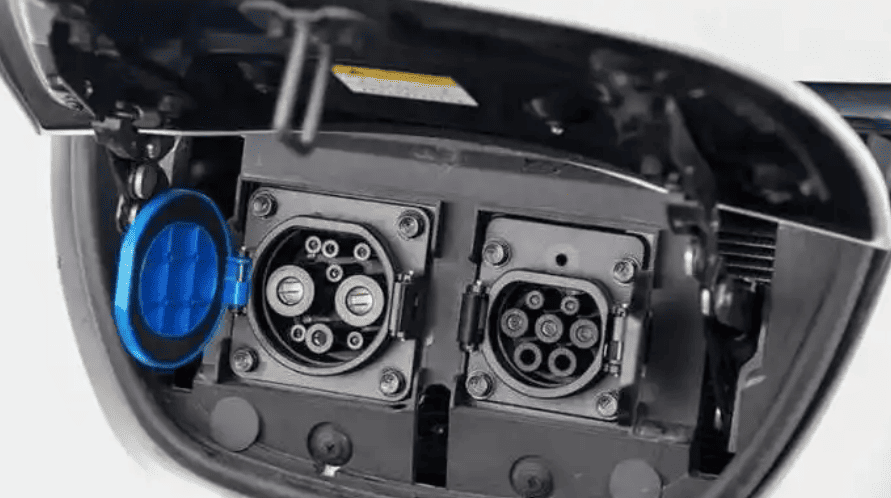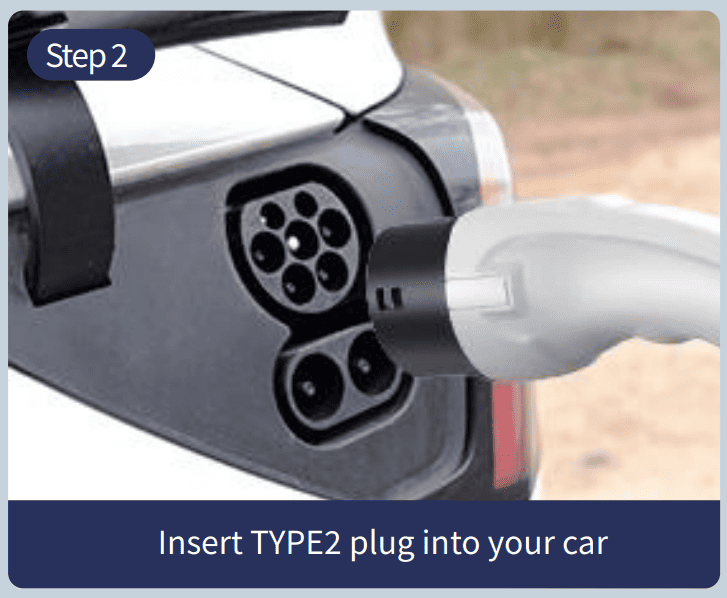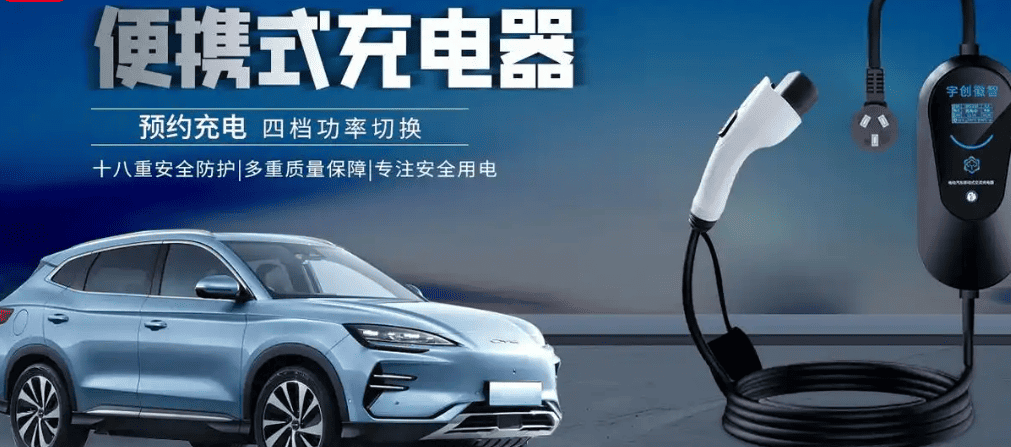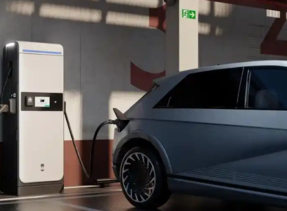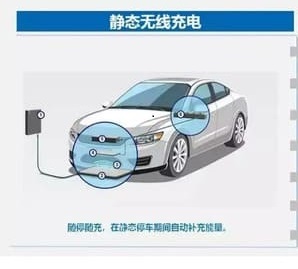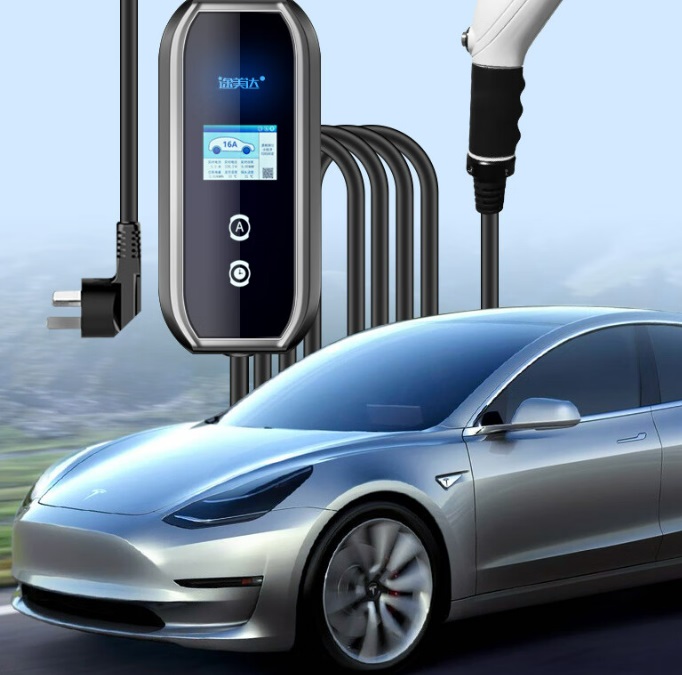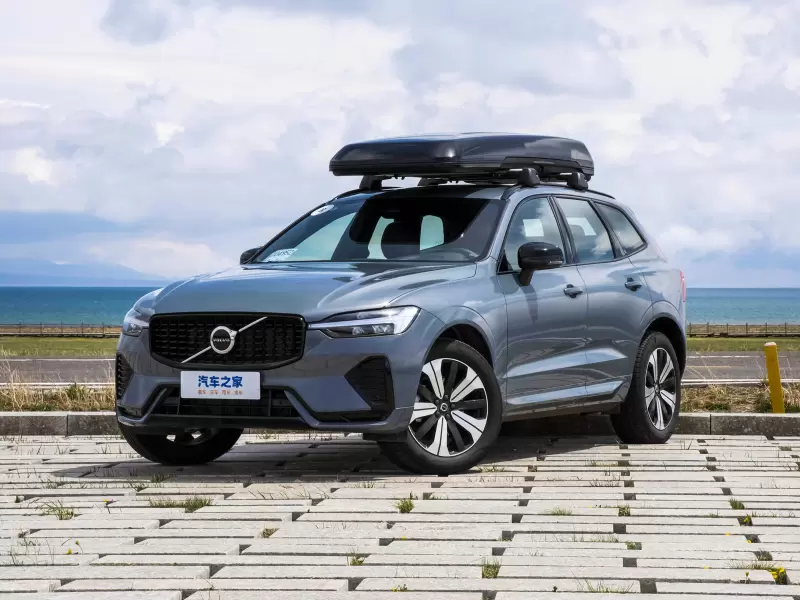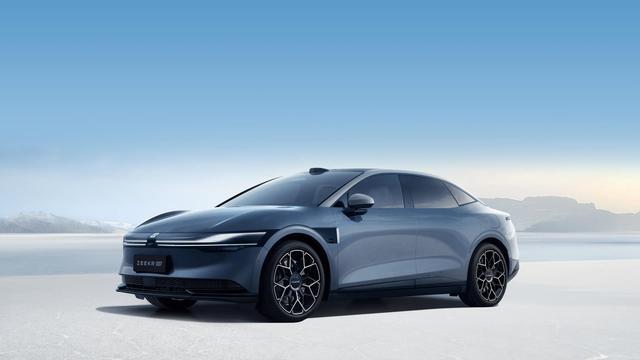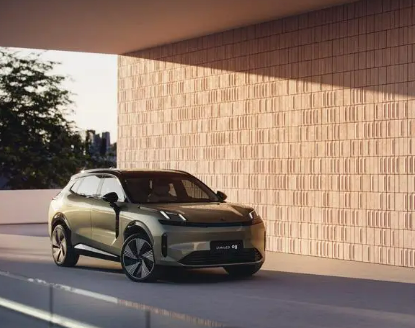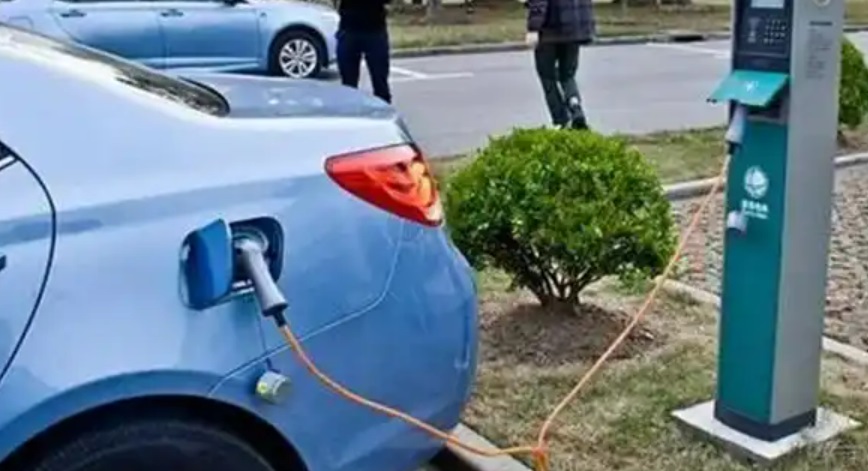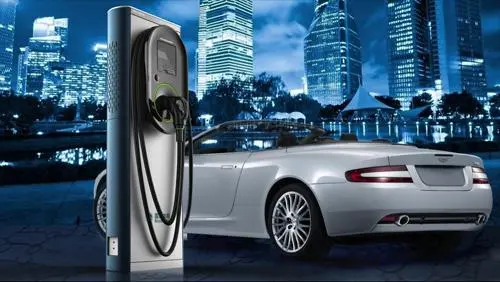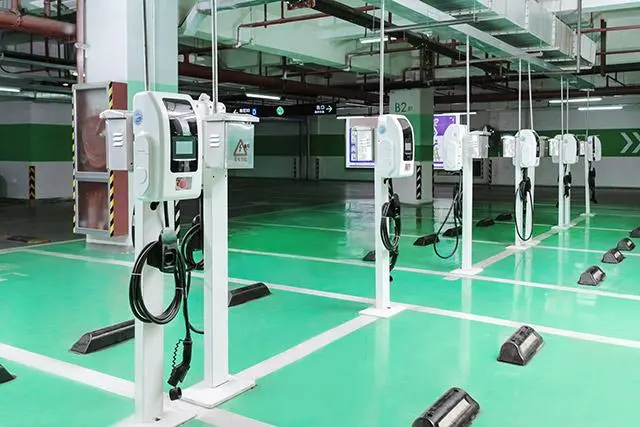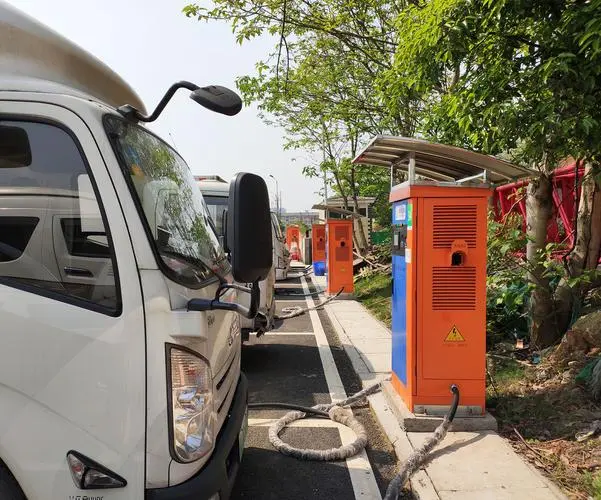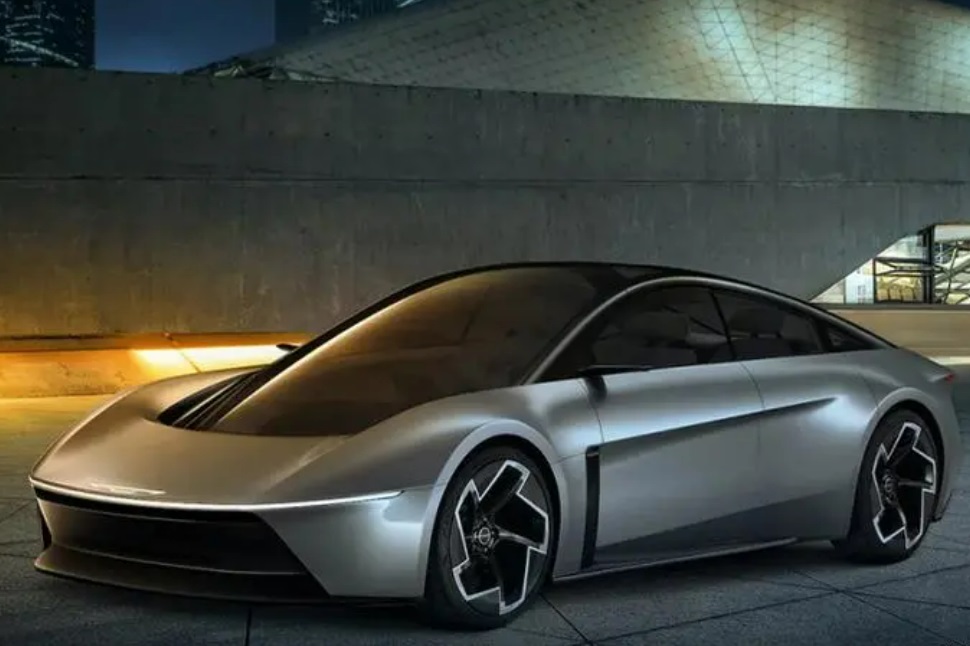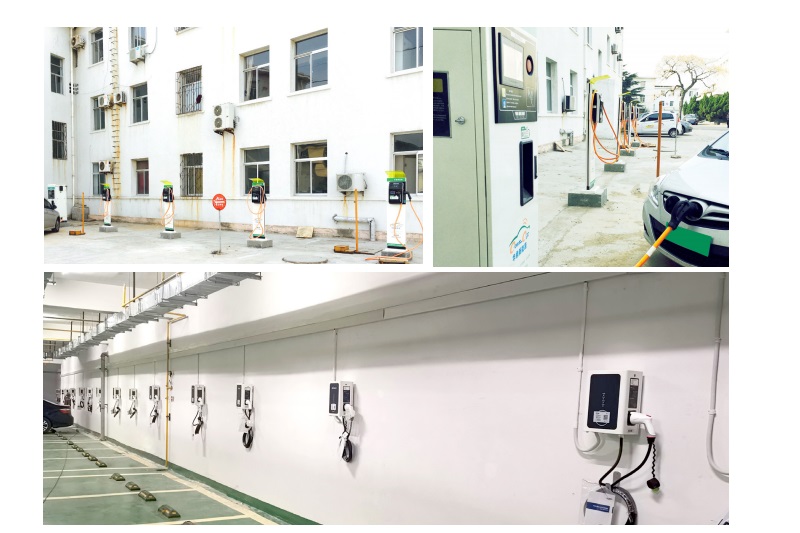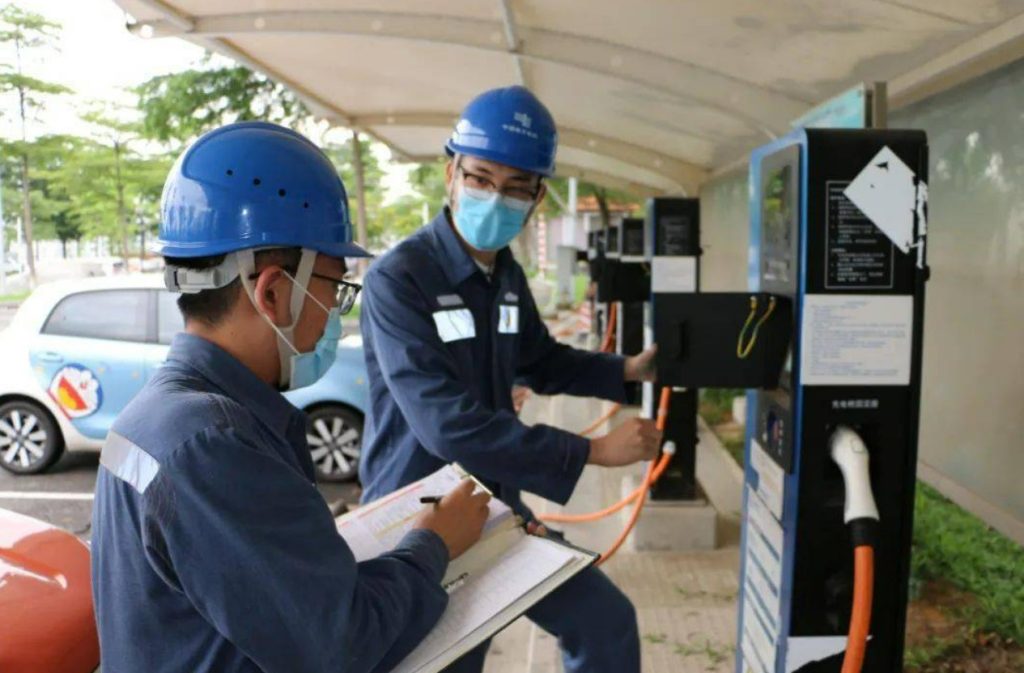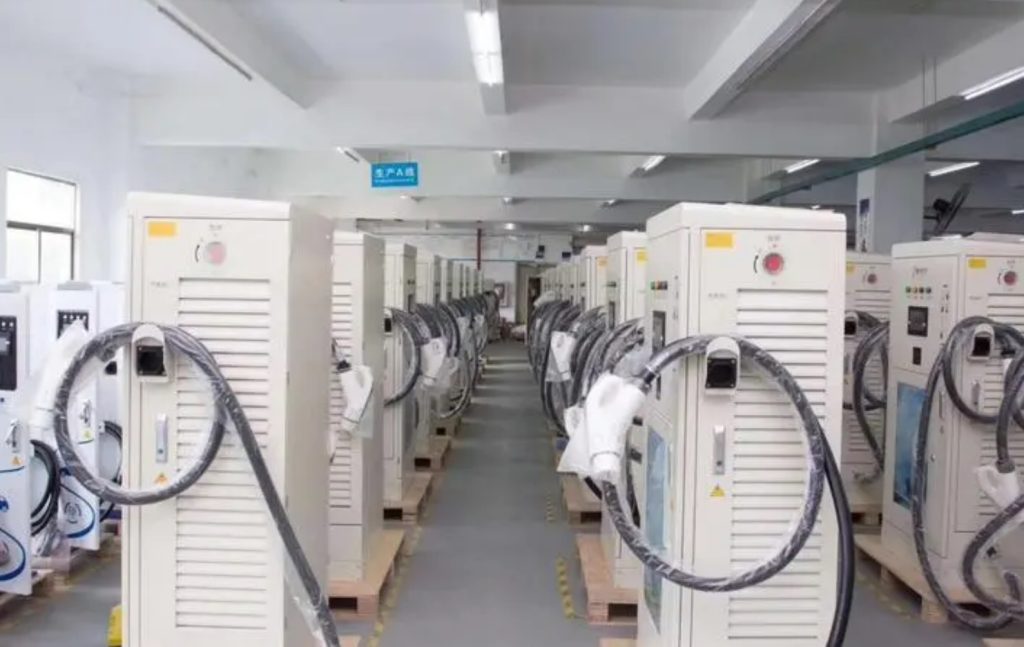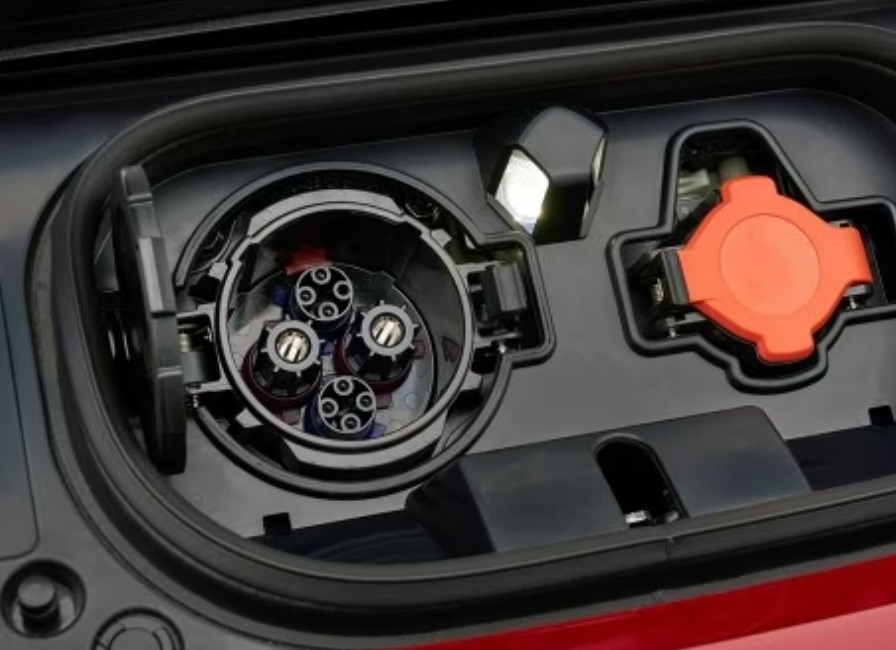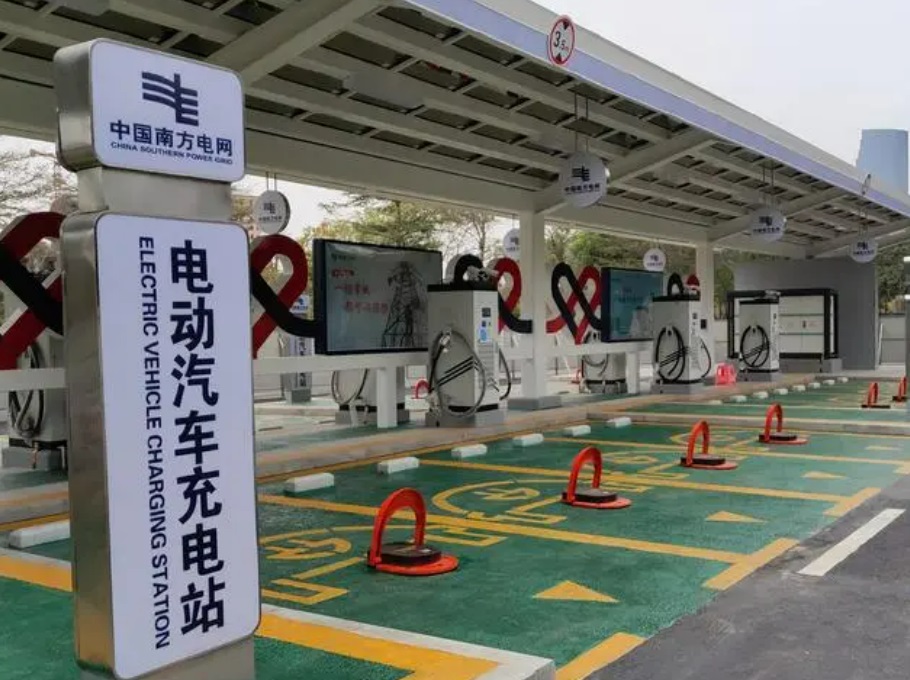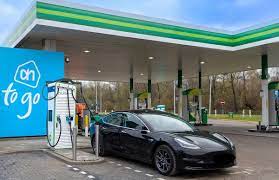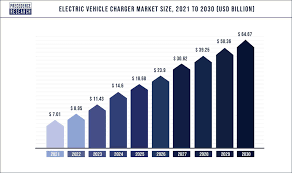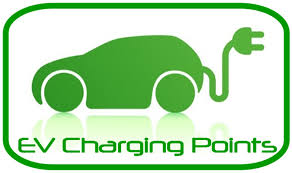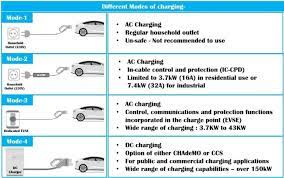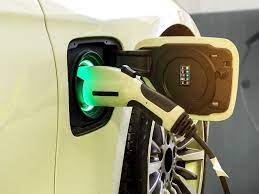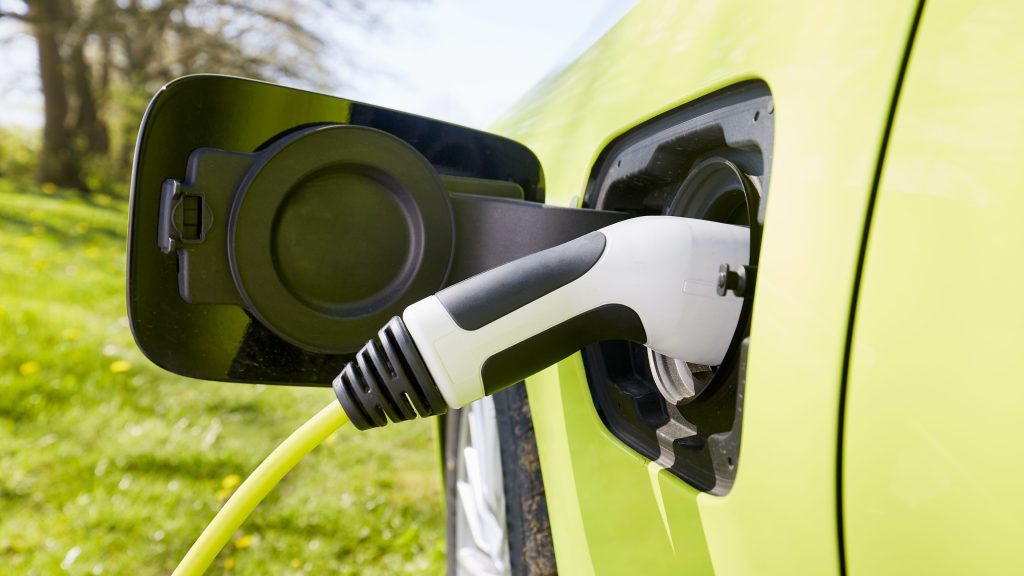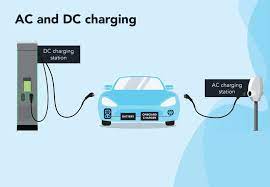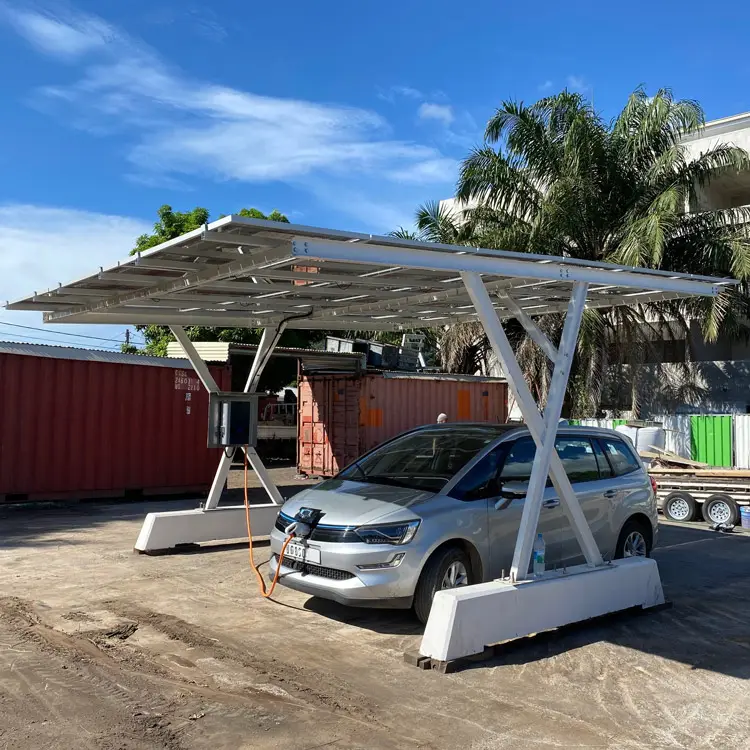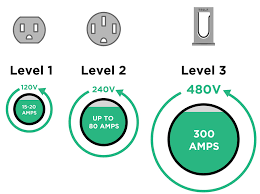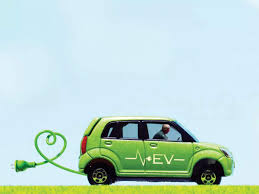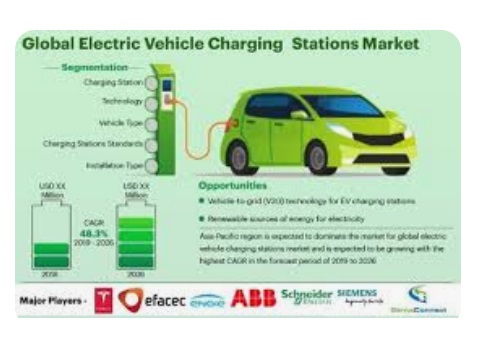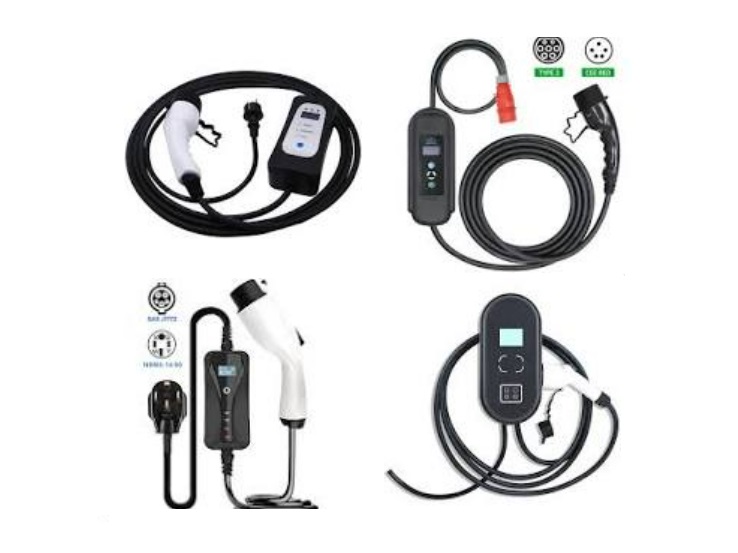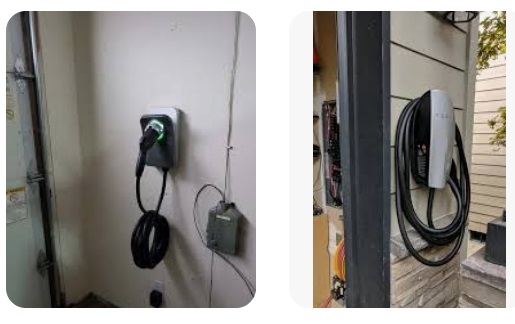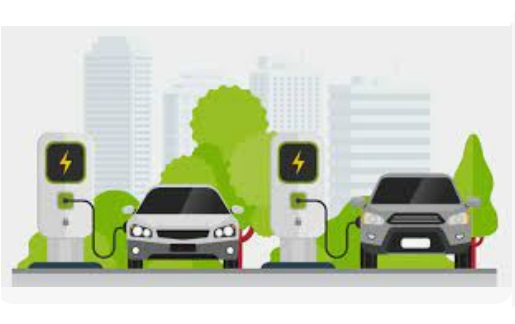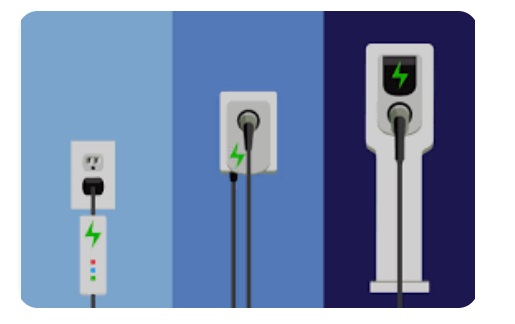Is EV Charging Cheaper Than Gas?
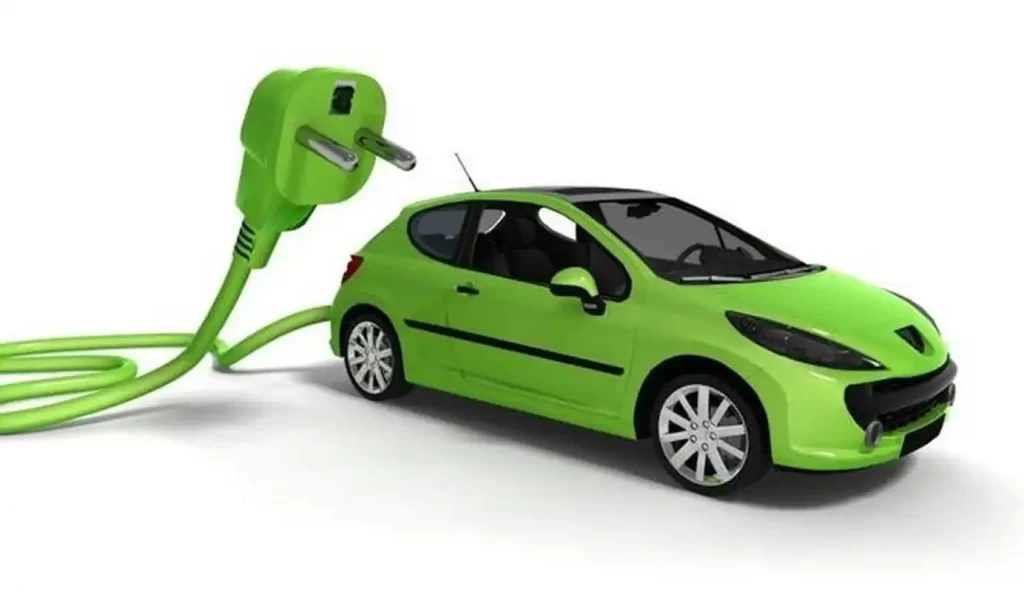
Is EV Charging Cheaper Than Gas? Indeed, one of the most alluring financial advantages of owning an EV is that charging it is almost always far less expensive than filling up a car with gas. In fact, home charging is usually less than one-third the cost per mile when compared to gasoline.
The Fundamental Cost Comparison: Energy Price per Mile
The most straightforward way to compare costs is to break down the price of the energy required to travel one mile. For a gasoline car, this is determined by the vehicle’s fuel economy (miles per gallon) and the current price of gas. For an EV, it’s determined by its efficiency (miles per kilowatt-hour) and the cost of electricity.
- Gasoline Vehicle Example: A typical modern gasoline sedan might achieve 30 miles per gallon (MPG). With the national average gas price around $3.50 per gallon, the cost to drive one mile is approximately $0.117 ($3.50 / 30 MPG).
- Electric Vehicle Example: A efficient EV like a Tesla Model 3 or Hyundai Ioniq 6 can achieve an efficiency of 4 miles per kilowatt-hour (mi/kWh). Charging at home with the U.S. national average electricity rate of $0.16 per kWh, the cost to drive one mile is just $0.04 ($0.16 / 4 mi/kWh).
This simple calculation shows that driving on electricity costs less than half of what driving on gasoline costs. For a driver covering 15,000 miles a year, this translates to an annual fuel cost of $1,755 for gasoline versus only $600 for electricity—a savings of over $1,150 per year. This gap can widen even further in regions with high gas prices and low electricity rates.
The Critical Importance of Where and When You Charge
The above example uses home charging, which is the most cost-effective method. However, the savings equation changes depending on your charging habits.
- Home Charging (The Cheapest Option): This is where the greatest savings are realized. Home electricity rates are regulated and generally offer the lowest per-kWh cost. Furthermore, you can maximize savings by signing up for a Time-of-Use (TOU) electricity plan with your utility. These plans offer very low rates overnight (e.g., $0.08 per kWh), when demand is low. Scheduling your EV to charge during these “off-peak” hours can slash your cost per mile to as low as $0.02, making it up to 6 times cheaper than gasoline.
- Public DC Fast Charging (The Expensive Option): Public charging, particularly DC fast charging, comes at a premium. Networks charge not only for the electricity but also significant service and demand fees to cover their equipment and operating costs. Rates can range from $0.40 to $0.60 per kWh or more. At $0.50 per kWh, the cost per mile for our efficient EV rises to $0.125—potentially making it more expensive than a very efficient gasoline hybrid vehicle. Therefore, while incredibly convenient for road trips, relying exclusively on public fast charging erodes the primary financial advantage of EV ownership.
The Bigger Financial Picture: Total Cost of Ownership (TCO)
While “fuel” costs are the most dramatic difference, the financial comparison extends to maintenance and long-term value.
- Maintenance Savings: EVs have far fewer moving parts than internal combustion engines. There are no oil changes, spark plugs, timing belts, or transmission fluid to replace. Regenerative braking also significantly reduces wear on brake pads and rotors. Studies show that average maintenance and repair costs for an EV are about 40% lower than those for a gasoline car. Over five years, this can amount to additional savings of $3,000 to $5,000.
- The Depreciation Question: It is often cited that EVs depreciate faster than gasoline cars. While this was true for early models, the trend is changing rapidly. Popular, reliable EVs from brands like Tesla now have resale values that are competitive with, and sometimes exceed, their luxury gasoline counterparts. Furthermore, the significant savings on fuel and maintenance in the first few years of ownership often more than offset any potential difference in resale value down the line.
Real-World Variables That Affect the Savings
The exact amount you save depends on several personal and regional factors:
- Your Local Gas and Electricity Prices: This is the biggest variable. If you live in California with high gas prices ($4.50+/gallon) and have access to cheap overnight electricity, your savings will be enormous. If you live in an area with very cheap gas and expensive electricity, the gap narrows.
- Your Driving Habits: The more you drive, the more you save. The annual savings from lower “fuel” costs will quickly pay for any higher upfront cost of the EV. A low-mileage driver might take years to see a net benefit.
- Your Vehicle Choices: Comparing a large electric SUV to a small, efficient gasoline hatchback isn’t a fair fight. A proper comparison should be between vehicles of similar size, class, and performance.
Conclusion: A Resounding Yes, with One Caveat
Charging an EV is significantly less expensive than purchasing gas. The energy and maintenance savings are significant and indisputable for the great majority of drivers who have access to home charging. Charging as much at home as you can—ideally on a time-of-use electricity plan to get the best rates—is the key to optimizing these savings.
The only warning is for people who are unable to charge at home and must only use public DC fast charging networks. It is important to consider your primary charging method when calculating the total cost of ownership because in this particular situation, the cost advantage may decrease or even vanish. For everyone else, one of the best ways to lower personal transportation expenses is to convert to an electric vehicle.

